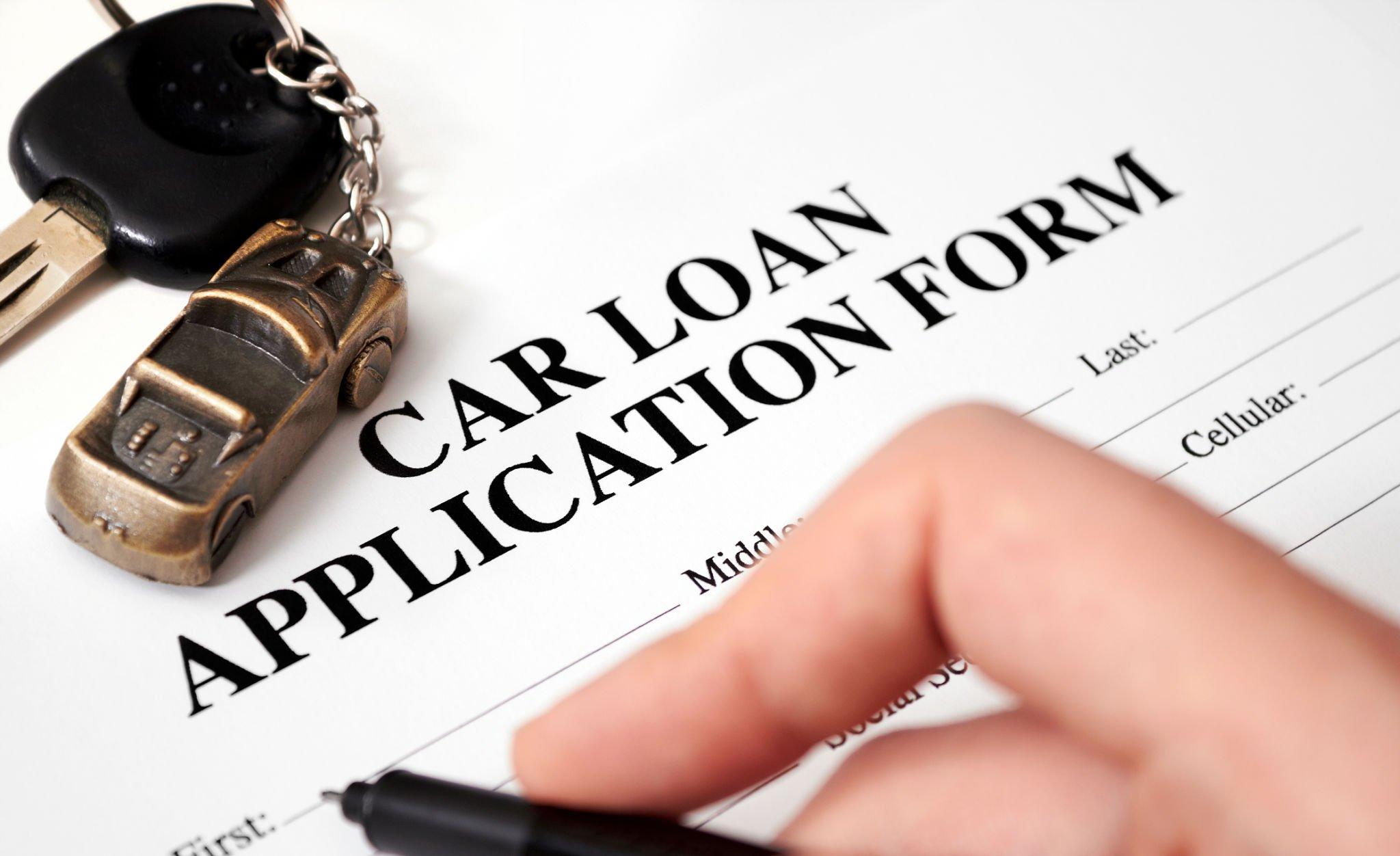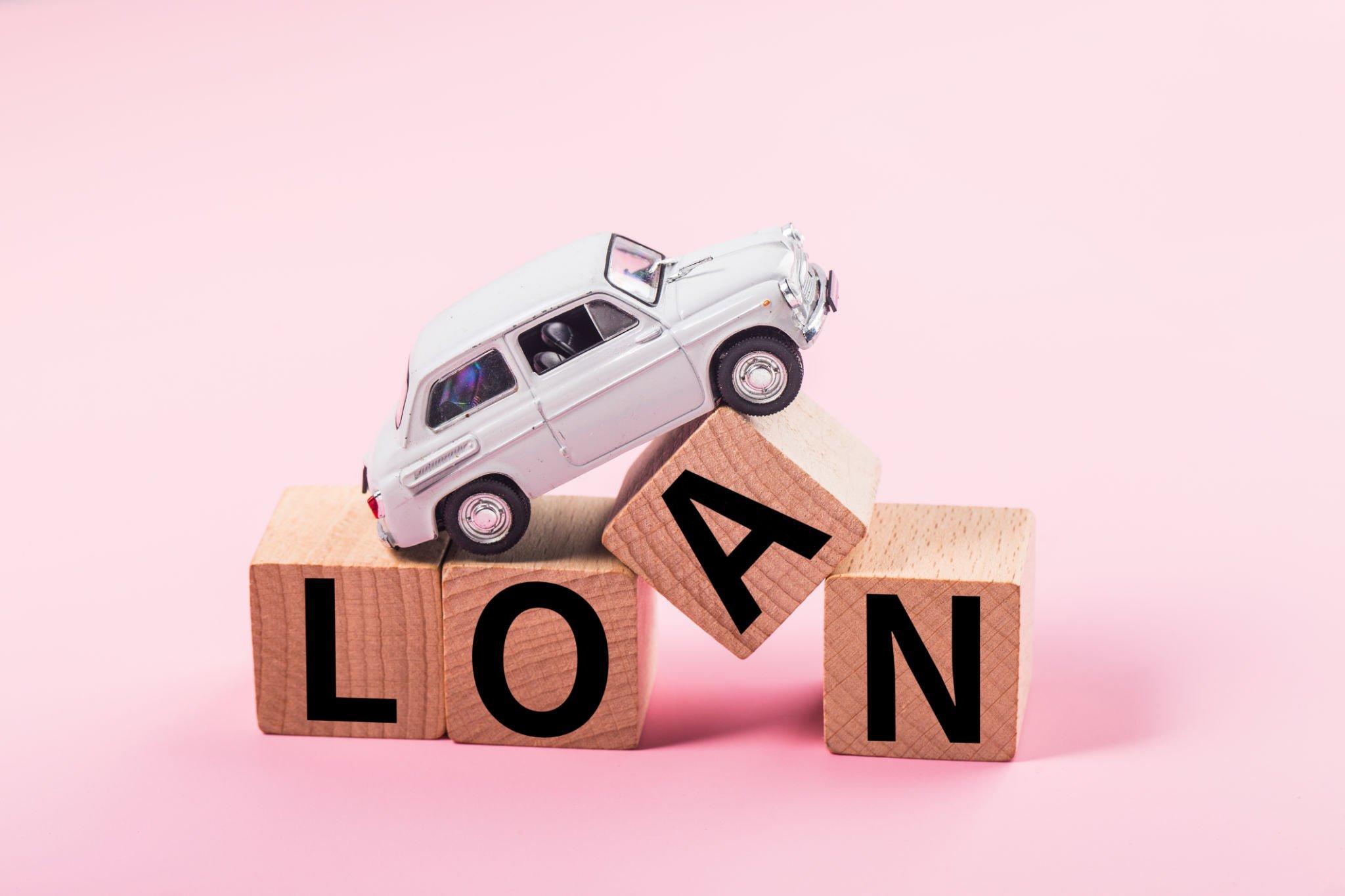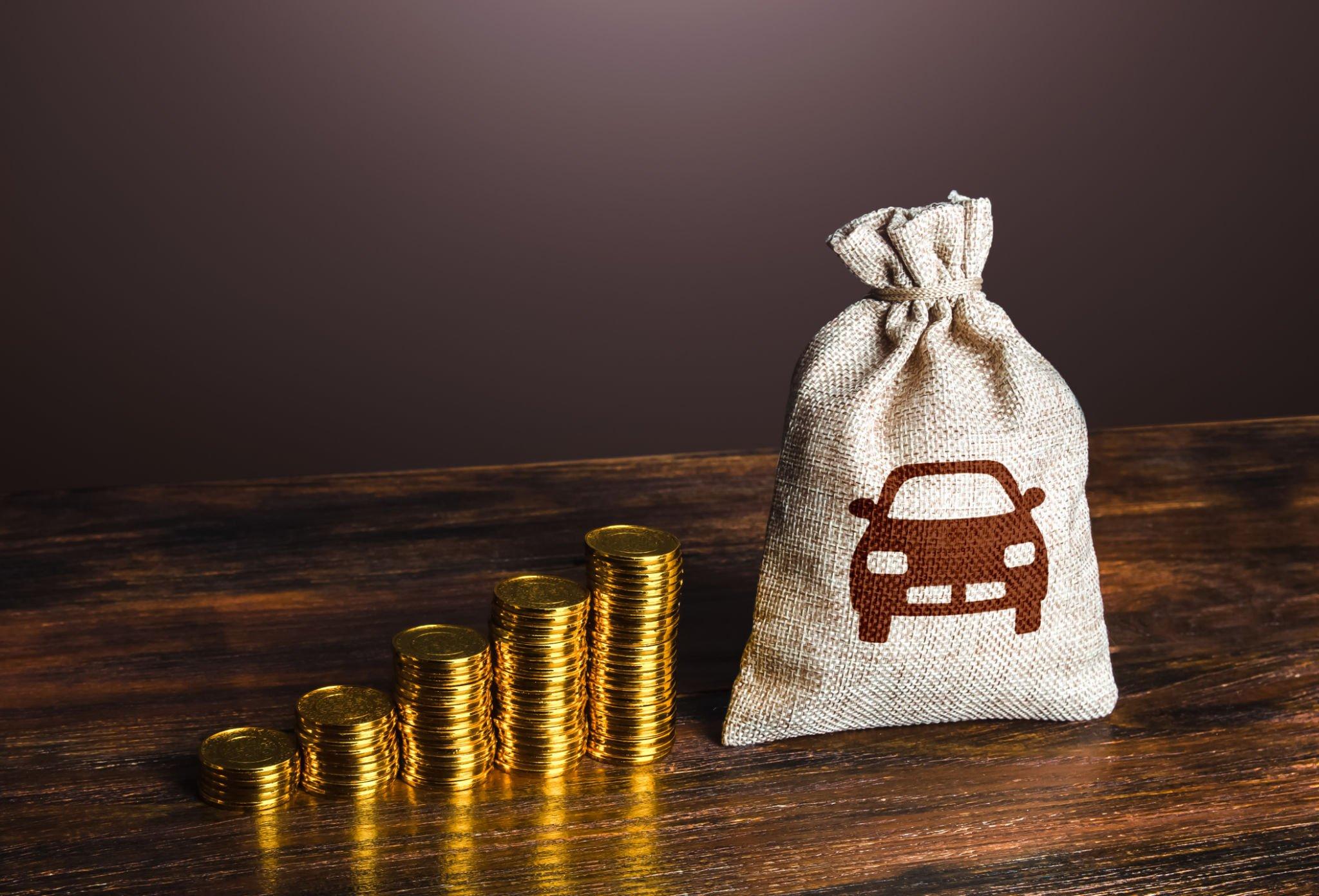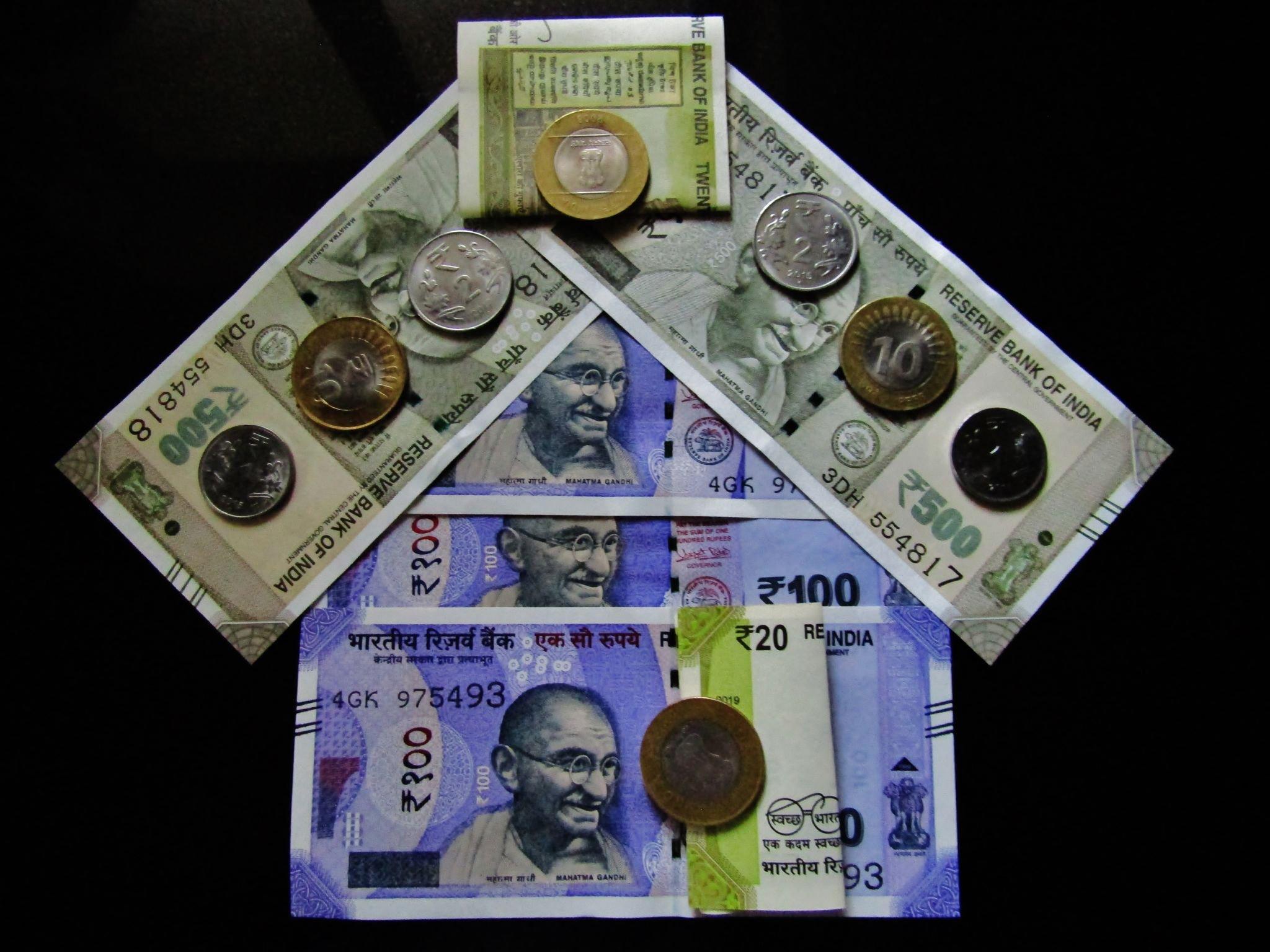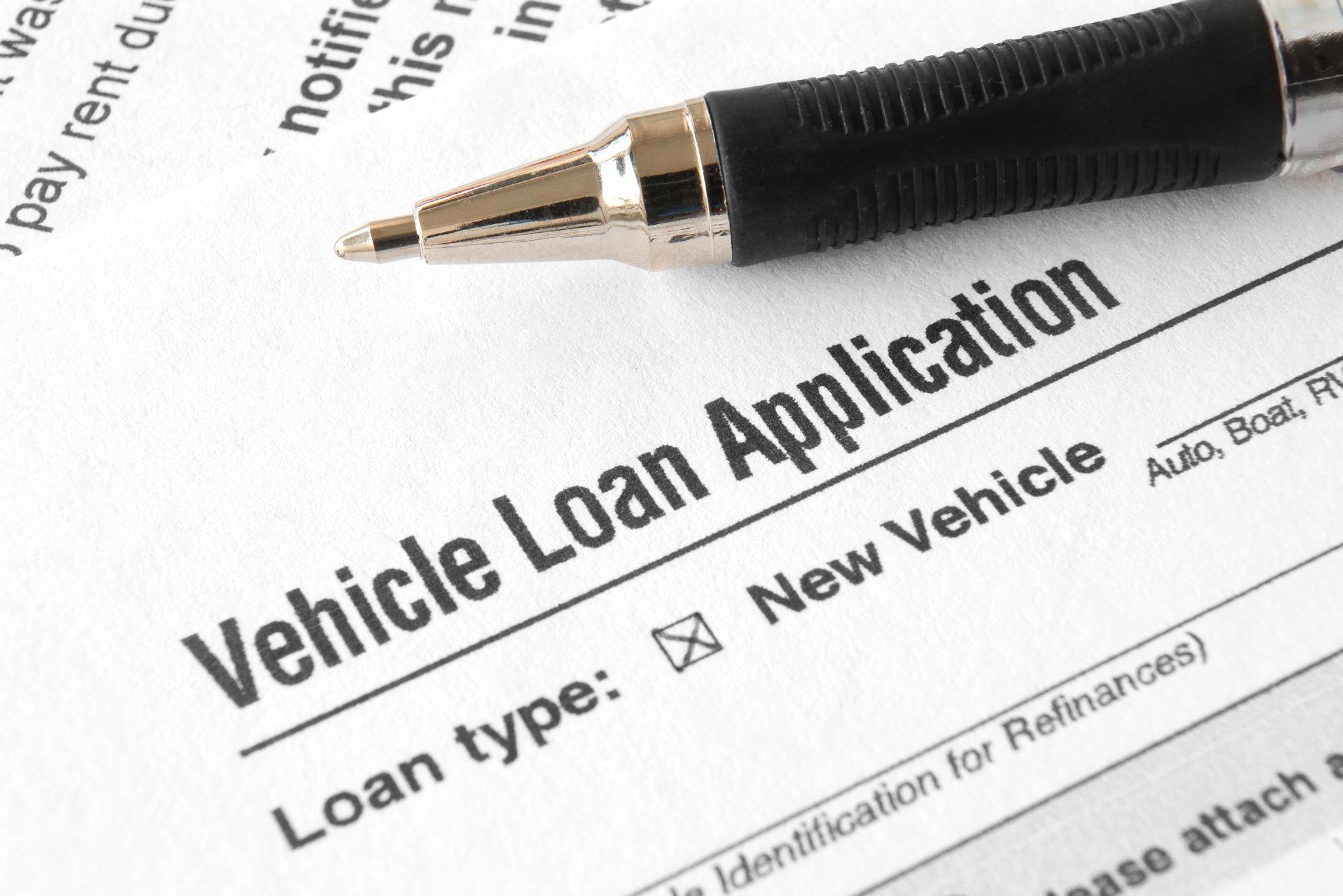
Buying a car is a big decision, and financing it can be even trickier. In India, you have two main options: secured car loans and unsecured car loans. But which one is safer? Let’s dive into the pros and cons of each to help you make an informed decision.
Secured Car Loans
A secured car loan is one where your car itself acts as collateral. This means that if you default on your payments, the lender can repossess your car and sell it to recoup their losses.
Pros:
- Lower interest rates: Because the lender has your car as security, they’re less risky and can offer you a lower interest rate. This can save you a significant amount of money over the life of the loan.
- Longer repayment terms: Secured car loans typically have longer repayment terms than unsecured loans, making your monthly payments more manageable.
- Higher borrowing capacity: Lenders may be more willing to approve you for a larger loan amount if you offer your car as collateral.
Cons:
- Risk of repossession: This is the biggest downside of a secured car loan. If you fall behind on your payments, you could lose your car.
- Restrictions on selling your car: You may need the lender’s permission to sell your car before the loan is paid off.
- Potential for additional costs: Some lenders may charge origination fees or other costs associated with a secured car loan.
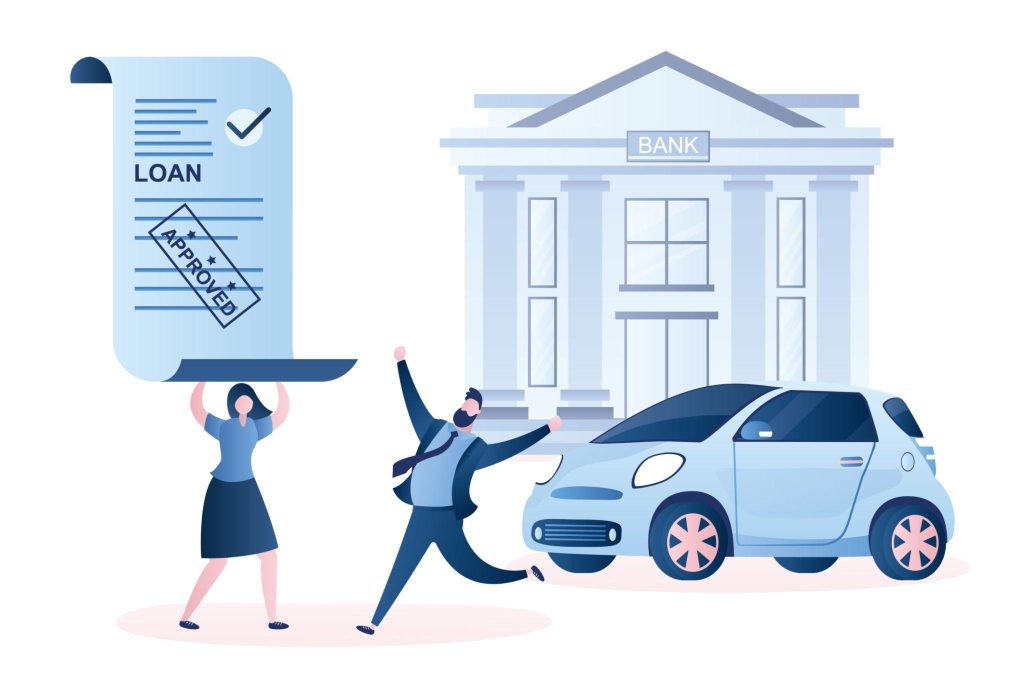
Unsecured Car Loans
An unsecured car loan doesn’t require any collateral. This means that the lender is taking a bigger risk by lending you money, and they’ll typically charge you a higher interest rate to compensate.
Pros:
- No risk of repossession: If you default on an unsecured loan, the lender can’t take your car. However, they may take other legal actions to collect the debt.
- More flexibility: You can sell your car without any restrictions.
- Faster approval: Unsecured loans may be easier to get approved for, even if you don’t have a perfect credit score.
Cons:
- Higher interest rates: You’ll likely pay a significantly higher interest rate on an unsecured loan compared to a secured loan.
- Shorter repayment terms: Unsecured loans typically have shorter repayment terms, meaning your monthly payments will be higher.
- Lower borrowing capacity: Lenders may be hesitant to approve you for a large loan amount without any collateral.
So, which is safer?
It depends on your individual circumstances. If you have a good credit score and a steady income, a secured car loan may be the safer option, as you’ll get a lower interest rate and more flexibility with your repayment terms. However, if you’re worried about losing your car or have a less-than-perfect credit history, an unsecured loan may be a better fit, even if it comes with a higher interest rate.
Here are some additional factors to consider when making your decision:
- Your credit score: The better your credit score, the more likely you are to qualify for a secured loan with a low interest rate.
- Your income: If you have a stable income, you’ll be less likely to default on your loan, regardless of whether it’s secured or unsecured.
- Your financial situation: Do you have any other debts? How much can you comfortably afford to pay each month?
- Your risk tolerance: Are you comfortable with the risk of losing your car if you default on your loan?
Ultimately, the best way to decide which type of car loan is right for you is to talk to a lender and compare rates and terms. Be honest about your financial situation and ask questions to make sure you understand all the risks and benefits involved.
Remember, there’s no one-size-fits-all answer. The safest option for you will depend on your unique circumstances. Weigh the pros and cons carefully and choose the loan that best meets your needs.



